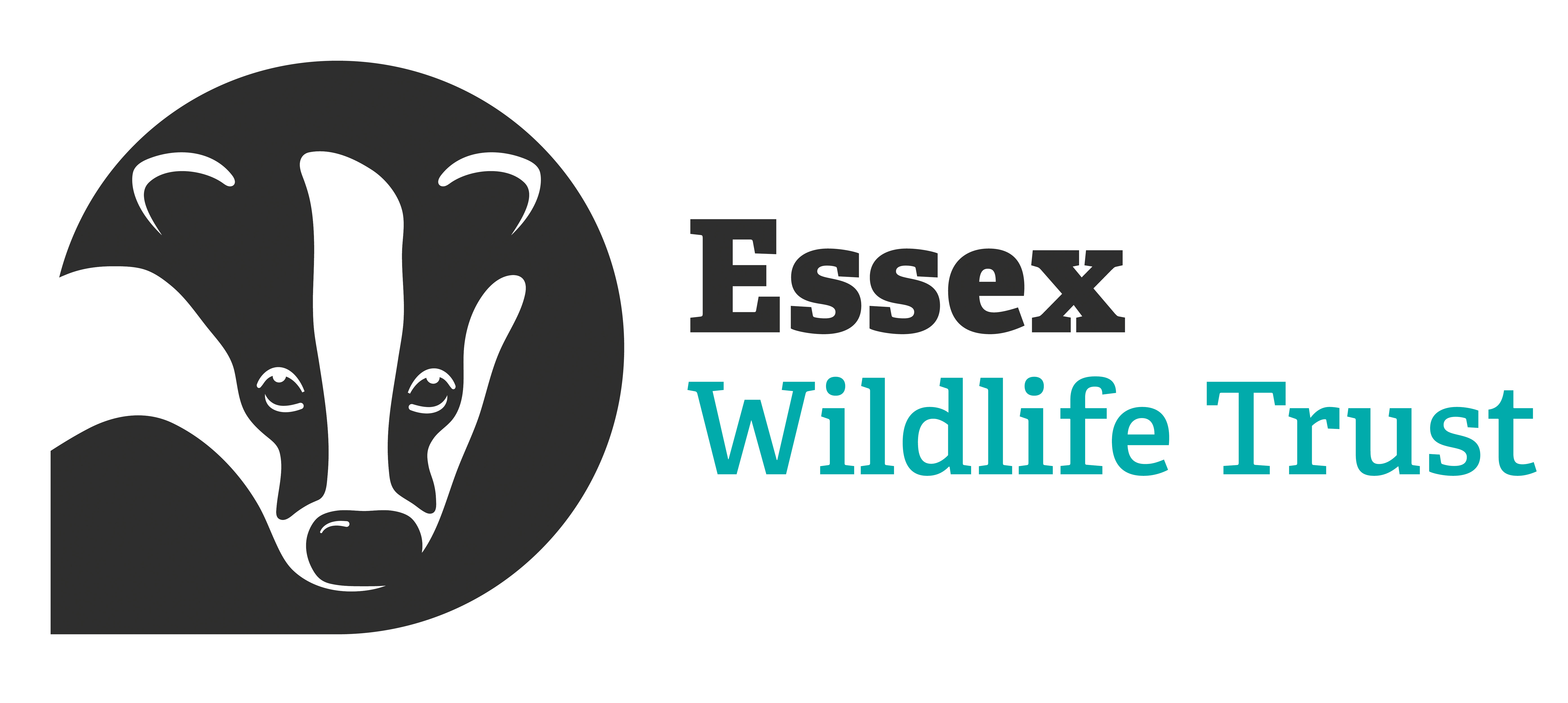The relaxation of lockdown laws has seen an increase in water users, with many people enjoying the warm weekends along the Essex estuaries. However, this has dramatically increased the disturbance and pressure on Essex’s beach nesting birds, which are currently nesting and raising their young along the county’s coastline.
Essex Wildlife Trust and the Royal Society for the Protection of Birds (RSPB) launched “Share our Shores” this spring, to work together on protecting Essex’s coastal birdlife. The two organisations do this by creating the ideal habitat for beach nesting birds, monitoring the populations and working with the public to raise awareness about Essex’s key coastal bird populations. The charities are particularly concerned about three species: the UK’s smallest seabird that migrates from Africa, the little tern, the brightly beaked oystercatcher and the distinctive ringed plover which nest on beaches and could abandon nests or chicks if we don’t stay alert at the seaside.
Rachel Langley, Living Seas Coordinator at Essex Wildlife Trust says, “our beach nesting birds have had very little disturbance until recently, which has hopefully allowed them to discover new nesting sites and begin nesting without disturbance. However, with people beginning to visit the Essex coastline again and flocking to our waterways in warm weather, we must ensure everyone is sharing the shore with our breeding wildlife, to give these threatened species the best chance of survival.”
Dotted along the Blackwater Estuary, several key sites are protected by the conservation charities and habitat work helps keep these sites ideal for coastal birds. For this reason the beaches at Essex Wildlife Trust’s Colne Point nature reserve, Fingringhoe Wick nature reserve, Tollesbury Wick spit, Bradwell Shell Bank and RSPB’s Old Hall Marshes are closed for beach landings.
All wild birds’ nests and eggs are protected by law and it is illegal to damage or destroy nests. The conservation charities are encouraging the public to educate themselves on where landings are permitted and to avoid these key nesting sites at all times this summer.
Kieren Alexander, Site Manager at RSPB Old Hall Marshes says, “We all have a role to play in protecting our beach nesting bird colonies in Essex. By staying alert, respecting signage and blue ropes and not landing or walk in these areas. During the nesting season beach nesting birds are particularly prone to disturbance and even small levels of disturbance can cause abandonments and failures for an entire season.”
The conservation charities have published the following guidance on how we can help protect the county’s beach nesting birds:
1. Know where they are
By familiarising yourself with the potential breeding locations you can help reduce disturbance to a nesting site by avoiding these areas.
2. Respect zoned off areas
These five nature reserves at Essex Wildlife Trust’s Colne Point nature reserve, Fingringhoe Wick nature reserve, Tollesbury Wick spit, Bradwell Shell Bank and RSPB’s Old Hall Marshes are “no go” zones for landing boats as these sites are protected for wildlife.
3. Avoid disturbance by boat
Reduce the disturbance on the water by only landing boats on designated sites, keep water sports away from the shoreline, respect speed limits and minimise noise near breeding sites.
4. Back away if you disturb a breeding species.
Short, sharp alarm calls, birds with full beaks or coming unusually near to you usually mean you are too close to young or eggs, which can often be very well hidden. If you see any of this behaviour, you should back up the way you came to avoid any risk of disturbing or injuring young, being careful to watch where you tread.
5. Raise awareness and report bad behaviour
Help spread the word about the importance of our coastline for beach nesting birds and how everyone can help our iconic species by following these clear guidelines. If you do see evidence of wildlife crime, then please do report this to your local wildlife crime officer using the police 101 number.
